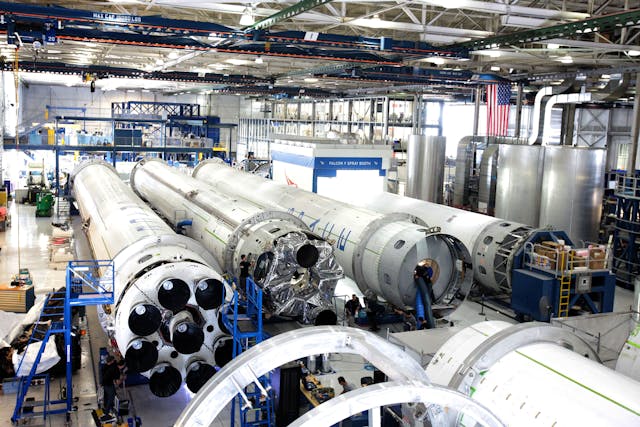Automotive
Understanding the Mechanics of Fuel-Based RC Models

Fuel-based remote-controlled (RC) models offer hobbyists a dynamic and immersive experience. These models are admired for their realistic operation, mimicking the complexities of full-sized combustion engines. Understanding the mechanics behind these models is crucial for enthusiasts who wish to delve into this segment of the RC world. This article is designed to unpack the intricacies of fuel-based RC models like gas powered RC cars, providing a detailed overview that is accessible and engaging for high school students and RC hobbyists alike.
The Basics of Fuel-Based Engines
The heart of gas-powered and other fuel-based models lies in their internal combustion engines. These engines operate by igniting a mix of air and fuel, creating a mini-explosion that drives pistons and generates motion. Unlike their electric counterparts, these engines require specific fuel types, ignition timing, and exhaust management considerations. Understanding the internal workings, including the two-stroke or four-stroke combustion cycles, is fundamental for any hobbyist. This knowledge is not just theoretical; it directly impacts these models’ handling, maintenance, and tuning for optimal performance.
Fuel Types and Mixtures
Fuel choice is critical in determining the performance and health of fuel-based RC models. Typically, these models use a specific blend of nitromethane, methanol, and oil, each component playing a crucial role. Nitromethane enhances power output, methanol is the primary fuel source, and oil provides the necessary lubrication. The correct balance of these elements ensures efficient combustion and prolonged engine life. Understanding the characteristics of different fuel mixtures and their impact on engine performance allows hobbyists to fine-tune their models for various racing conditions.
Carburetion and Air Intake
The carburetor in fuel-based RC models is critical for mixing air and fuel in the right proportions. Efficient carburetion is essential for smooth engine operation. Adjusting the carburetor involves setting the idle speed, air-fuel mixture, and sometimes the high-end mixture for performance tuning. Proper carburetor tuning can significantly affect acceleration, top speed, and overall engine behavior. For beginners, learning to adjust and fine-tune the carburetor settings is a skill that can greatly enhance the RC experience.
Cooling Systems
Fuel-based RC models generate significant heat during operation. Proper cooling systems are essential to maintain optimal engine temperatures and prevent overheating. Most RC models use air cooling, leveraging airflow during movement to dissipate heat. Some models may incorporate additional cooling features like heat sinks or fans. Understanding how to maintain and optimize these cooling systems is crucial, especially during extended use or in warmer conditions, to ensure the engine runs efficiently and avoids heat-related damage.
Exhaust Systems and Noise Reduction
The exhaust system in gas powered RC cars plays a dual role in managing emissions and influencing the model’s sound. Noise reduction is an important aspect, particularly for those operating in noise-sensitive areas. Many models come equipped with mufflers or noise dampeners to minimize sound levels. Additionally, the exhaust system affects back pressure, which can impact engine performance. Hobbyists should understand how various exhaust configurations can be used to balance noise reduction with performance optimization.
Maintenance and Troubleshooting
Regular maintenance is paramount for the longevity of fuel-based RC models. Key maintenance tasks include cleaning the engine and air filter, inspecting and replacing worn-out parts, and ensuring proper lubrication. Troubleshooting common issues like engine tuning problems, fuel leaks, or starting difficulties is also crucial. A well-maintained model performs better and lasts longer, providing more enjoyment and less downtime.
Conclusion
Fuel-based RC models offer an engaging blend of real-world mechanics and the thrill of model racing. Understanding the basics of their engines, the importance of fuel types and carburetion, the necessity of efficient cooling, the balance required in exhaust systems, and the value of regular maintenance and troubleshooting equips enthusiasts with the knowledge needed to fully enjoy and excel in this aspect of the RC hobby. This in-depth understanding enhances the enjoyment of operating these intricate models, making the experience more rewarding and fulfilling.





















































